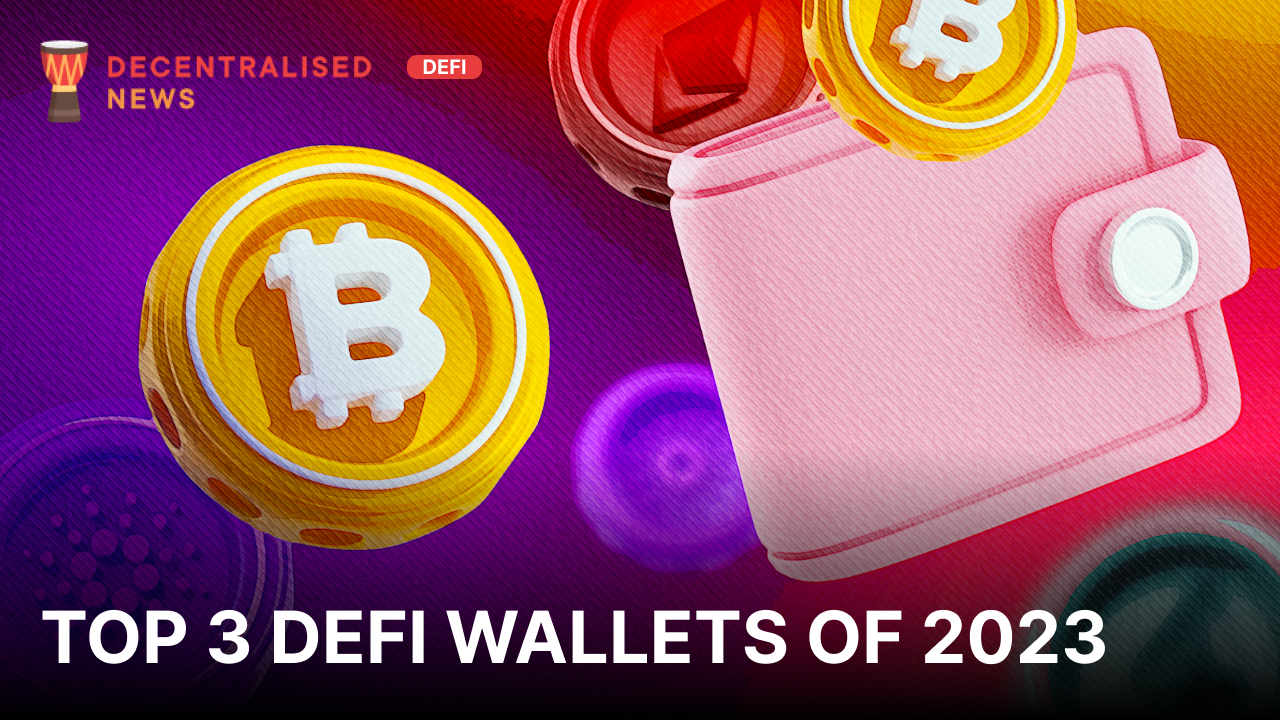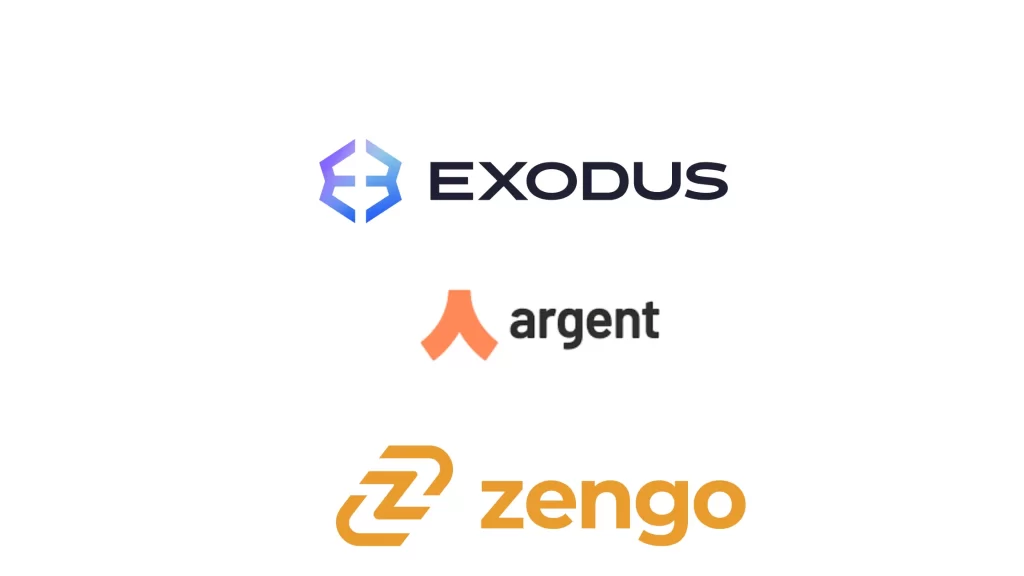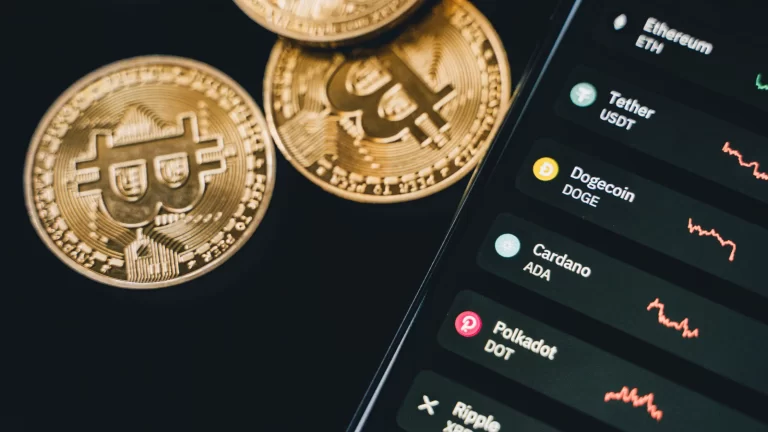Top 3 DeFi Wallets of 2024

Introduction: What Are DeFi Wallets?
Decentralized Finance (DeFi) Wallets are becoming increasingly important for anyone involved in the crypto space. But what sets them apart from their centralized counterparts? While centralized wallets store your private keys for you, DeFi wallets let you maintain control over them. These non-custodial wallets offer a different set of risks and advantages, making them better suited for certain types of users.
Whether you trust a centralized entity for security or prefer to manage your keys yourself depends on your user profile. No option is inherently safer; both have their pros and cons. If you’re looking for flexibility, you can always opt for the best of both worlds by choosing a wallet that caters to both centralized and decentralized storage needs.
Different Kinds of DeFi Wallets
Hot vs. Cold Wallets
DeFi wallets come in hot and cold varieties based on their storage methods. Hot wallets are generally easier to use but less secure, as they are connected to the internet. Cold wallets are considered the epitome of security as they are offline, but they are less convenient and usually need to be purchased.
Software vs. Hardware Wallets
- Software Wallets: These are applications installed on various platforms, allowing for features like trading, staking, and the storage of NFTs. They can be desktop-based, mobile apps, or browser extensions.
- Hardware Wallets: These physical devices resemble large USB sticks, offering robust security since they operate offline. However, they can be cumbersome for regular trading and usually come with a cost. Examples include Ledger, Trezor, KeepKey, etc.

Top 3 DeFi Wallets of 2023
1. Argent Wallet
Overview:
Argent offers a seamless experience for DeFi and Web3 activities. Built on Ethereum Layer 2 technology, zkSync, it also includes Argent Vault for added security. Argent X, its browser wallet, is the first for StarkNet and is compatible with Chrome and Firefox.
Features:
- Ease of Use: Argent provides an intuitive user interface in over 25 languages.
- Top-Notch Security: Features like biometric and two-factor authentication ensure robust security.
- Unique Offerings: Argent Vault and Argent zkSync offer secure and cost-effective options.
- Wide Token Support: Supports Ethereum and Layer 2 technologies, with a plethora of tokens including ETH, DAI, and USDC.
2. Exodus Wallet
Overview:
Exodus offers non-custodial storage across multiple platforms including desktop and mobile. It supports a vast range of cryptocurrencies, including tokens from networks like Bitcoin and Ethereum.
Features:
- Portfolio Manager: Keep track of your assets and their performance.
- Broad Crypto Support: Supports over 260 cryptocurrencies, with the capability to manually add even more.
- Fiat Capabilities: Purchase options are available, though fees can be high.
- Basic Security: Relies on password protection, placing the responsibility for private key safety on the user.
3. Zengo
Overview:
Zengo supports multiple blockchain assets and offers a user-friendly experience, with a focus on security through its keyless and seedless design.
Features:
- User-Friendly Interface: Zengo‘s design makes transactions and management straightforward.
- Elimination of Seed Phrases: Thanks to MPC security, the risks associated with seed phrases are removed.
- Multi-Asset Support: Compatible with over 70 crypto assets and various NFTs.
- Enhanced Security: Offers a unique three-factor authentication system using facial recognition.
Conclusion
Whether you are a newcomer or a seasoned crypto enthusiast, DeFi wallets offer a range of options catering to various needs. Understanding your user profile and the types of risks you are willing to take can help you make an informed decision. With options like Argent, Exodus, and Zengo, you’re sure to find a wallet that meets your criteria in 2023.




